Interview with Debra Adelaide
Q. You have written several wonderful books, full of humour and pathos. For your last two books, Letter to George Clooney, and your most recent one, The Simple Act of Reading, you have chosen a short story/essay format rather than the longer form of the novel. Can you tell us something about what makes you choose a particular format?
A. It’s a lot more unconscious than anything else. It just evolves from the subject. I started my writing career as a novelist. Most people start with short stories. Every time I started to write short stories they turned into a novel. I wrote a couple of short stories when I was writing my last novel, The Household Guide to Dying, and more followed. There is a push from the publishing industry that short stories don’t sell but I don’t know where this idea comes from. Readers love short stories. Writers learn their craft by writing short stories. And a short story is a very good introduction to an author’s work if you want to expand your reading horizons; an hors d’ouevre. However this attitude seems to be changing and the short story/essay format is gaining more acceptance. I like the personal essay. And it’s very satisfying to write personal reflections/memoirs that need ‘meatiness’ but don’t have to have an academic format. With The Simple Act of Reading there was no choice – that was the only format.
Q. Letter to George Clooney is one of my favourite collections, poignant and funny – a potent mix. In your writing you are able to capture rich, intimate moments. What were the major influences that brought you to writing?
A. One of the things that dissatisfies me often, in short story collections, is the sameness – same voice throughout – I was conscious that I did not want only one voice in that collection – and I am a bit of chameleon when it comes to writing – not something conscious. It is dictated by the story. I am interested in exploring very confronting material but with a comedic voice – if you choose to write confronting material it is difficult to pull it off without the reader feeling as if they have been bashed about the head with some political message. I suppose I like exploring ways of punching you in the gut but making it still palatable.
Major influences – everything I read and everything I do – for me it is very unconscious – but I am aware in my writing that I am trying to answer a specific question or solve a specific problem. I am not attempting to explore grand themes.
The major influence that brought me to writing is reading, of course.
Q. Your most recent book, The Simple Act of Reading, is a compelling collection of essays and short stories. It opens another dimension to your writing . It also seems to be a departure. Can you tell us something about the background to the book?
A. It is a bit of a departure, though I have done several edited books. I swore, after Acts of Dog, that I would never edit another collection. However The Simple Act of Reading was a delight to do. I have wanted to explore acts of reading for some time. I have always been interested in getting authors to write about the books, or the authors, or the reading moments that turned the switch for them, showed them the way, helped them to develop their voice. The book is a collection of short personal essays from twenty one of Australia’s celebrated writers. Luke Davies’ piece that starts the collection writes of his childhood correspondence with Hergé, the author of TinTin. I read that ages ago and loved the fact that the relationship he had with a book was formative. And it is!
Q. The proceeds of your latest book goes to a charity, the Sydney Story Factory. How did you get involved with this initiative?
A. One of the co-founders, Cath Keenan, approached me to be involved as an author/ambassador. I said yes immediately. It is a simple and wonderful idea. You say to kids: ‘Write what you want – no rules but we will give you some hints and we will catch you when you fall.’ It is open to every kid but is directed to disadvantaged and indigenous kids and kids from non-English speaking backgrounds. A lot of them come from homes without books. I was looking for ways to do more for the Sydney Story Factory as I didn’t have the time to run lengthy workshops. I thought: ‘What if I came up with a project that concentrated on reading rather than writing. What if I could produce a book that concentrated on what authors read when they were young. And it could be a fundraiser.’ However I also wanted to open up the topic a bit more and explore it. It was great book to do and it is such a great cause!
Q. Last question. A trivial one. What do you like to do on your days off?
A. When I have them, you mean! I just like to read and I like to walk. I lead a really boring life. I don’t have any eccentric hobbies. I like to potter round in my garden and walk. As a writer it is hard to have days off. You don’t stop work. You can’t escape what you are.


